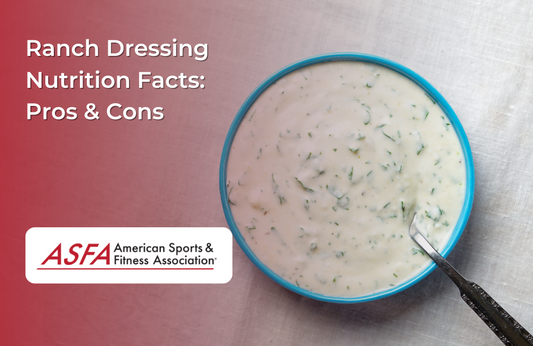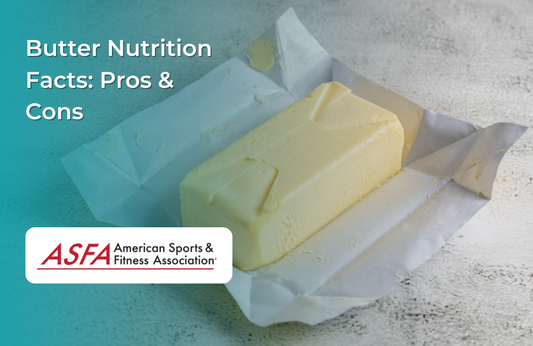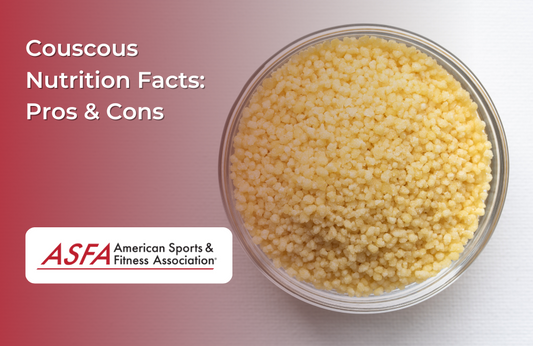Teenage athletes are a unique group in the world of sports and fitness. They are in a critical phase of physical and mental development, and their bodies are constantly changing. As coaches, parents, and mentors, it's essential to provide special care and attention to these aspiring athletes to ensure their well-being and success in their chosen sports. In this guide, we'll explore the specific considerations and care needed for teenage athletes.
1. Nutrition for Growth and Performance
Nutrition plays a pivotal role in the growth and performance of teenage athletes. They require a well-balanced diet that provides the necessary nutrients to support their active lifestyles and growth spurts. Some key considerations include:
- Adequate Calories: Teenage athletes often need more calories than their sedentary peers due to their higher activity levels. Ensuring they consume enough calories is crucial for energy and growth.
- Protein Intake: Protein is essential for muscle development and repair. Teenagers should consume lean protein sources like chicken, fish, beans, and nuts.
- Hydration: Proper hydration is vital for performance and overall health. Encourage teenage athletes to drink water throughout the day, especially before, during, and after training sessions.
- Balanced Diet: Promote a diet rich in fruits, vegetables, whole grains, and lean proteins. Avoid excessive consumption of processed foods and sugary drinks.
2. Rest and Recovery
Teenagers often have busy schedules between school, sports, and other commitments. It's crucial to emphasize the importance of rest and recovery:
- Adequate Sleep: Teenagers need 8-10 hours of sleep per night for optimal growth and recovery. Lack of sleep can lead to decreased performance and increased injury risk.
- Rest Days: Ensure that young athletes have scheduled rest days to allow their bodies to recover from intense training.
- Listen to Their Bodies: Teach them to pay attention to their bodies and recognize signs of overtraining or fatigue.
3. Injury Prevention
Injuries can be particularly challenging for teenage athletes, as they can impact both their sports participation and long-term health. Focus on injury prevention strategies:
- Proper Warm-up: Emphasize the importance of a thorough warm-up before training or competition to prepare muscles and reduce the risk of injury.
- Strength and Conditioning: Incorporate strength and conditioning exercises into their training regimen to improve muscle strength and stability.
- Technique and Form: Ensure that athletes are using proper techniques and form in their respective sports to minimize the risk of overuse injuries.
4. Mental Well-Being
The pressures of school, sports, and social life can take a toll on the mental well-being of teenage athletes. Foster a positive and supportive environment:
- Open Communication: Encourage athletes to communicate their feelings and concerns. Be available to listen and offer guidance when needed.
- Manage Stress: Teach stress management techniques such as deep breathing, mindfulness, and time management.
- Balanced Approach: Emphasize the importance of balance between academics, sports, and downtime. Overloading their schedules can lead to burnout.
5. Goal Setting and Motivation
Help teenage athletes set realistic and achievable goals in their sports endeavors. Goals provide motivation and a sense of purpose:
- Short-term and Long-term Goals: Encourage them to set both short-term goals (e.g., improving a specific skill) and long-term goals (e.g., making a varsity team).
- Celebrate Achievements: Celebrate their successes, no matter how small. Positive reinforcement can boost motivation.
- Resilience: Teach them to embrace setbacks as opportunities for growth and learning.
6. Support Network
Building a strong support network is essential for teenage athletes:
- Parents: Parents play a significant role in a teenager's sports journey. Be supportive, attend games and practices, and provide encouragement.
- Coaches: Coaches should prioritize safety, skill development, and fostering a positive team culture.
- Sports Medicine Professionals: Have access to sports medicine professionals for regular check-ups and guidance on injury prevention and treatment.
- Teammates and Friends: Encourage healthy friendships and team camaraderie. Peer support is valuable.
In conclusion, teenage athletes require special care and attention to thrive in their sports and overall well-being. By focusing on nutrition, rest, injury prevention, mental well-being, goal setting, and building a support network, we can help these young athletes reach their full potential and enjoy their sports journey.





